Washington's Wager: How Bipartisan Senate Dissent Reshapes the Brazil Tariff Narrative
Explore the US Senate's bipartisan challenge to Trump-era Brazil tariffs. Unpack the symbolic rejection, executive power limits, and future implications for US-Brazil trade relations.
Opening Salvo: When Symbolic Votes Speak Volumes
In a significant, albeit symbolic, challenge to executive trade authority, the United States Senate cast a resounding vote on October 30, 2025, to revoke global tariffs announced by the against over a hundred countries. This move wasn't an isolated incident; it followed two earlier resolutions specifically targeting tariffs on products from and , both of which also garnered considerable bipartisan support. The 51-47 vote to reject Trump's overarching trade policy underscored a growing discomfort among legislators with the aggressive use of tariffs to reshape U.S. commercial relationships. Notably, Republican senators such as , , , and joined Democrats in this pushback, signaling an unusual cross-aisle alliance. While these votes carry immense symbolic weight, they aren't immediately binding, as the House of Representatives had previously blocked any challenges to the president's tariff policy until March. Nevertheless, the Senate’s actions represent a clear legislative statement, pushing back against what many see as an overreach of presidential power in trade matters, setting the stage for future battles over economic policy and executive discretion.
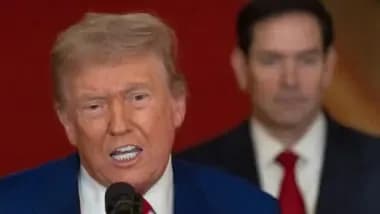
Unpacking the 'Emergency': Debunking the Tariff Justification
At the heart of the Senate's dissent lies a direct challenge to the very foundation of the Trump-era tariffs: the claim of an "economic emergency." The additional 40% tariffs were imposed under the , a statute designed for genuine national security crises. However, senators behind the resolution vehemently contested this justification, especially concerning . They argued that no such economic emergency existed between the U.S. and Brazil, pointing out that the trade balance was actually superavitary for the United States. This factual discrepancy rendered the emergency rationale invalid in their eyes, transforming the tariffs from a protective measure into an arbitrary imposition. Senator , one of the resolution's authors, highlighted the tangible impact on American consumers, citing rising prices for goods like coffee as a direct consequence of these tariffs. This pragmatic concern, coupled with a legalistic challenge to executive authority, formed a potent argument against the administration's trade strategy, emphasizing that these weren't just abstract policy disagreements but actions with real-world economic repercussions for everyday Americans and their partners abroad.
A Bipartisan Blueprint for Discontent: Who Stood Against the Tariffs?
The Senate's votes against the tariffs weren't merely partisan skirmishes; they revealed a significant bipartisan blueprint for discontent, particularly striking given the typically polarized nature of Washington politics. For the resolution specifically targeting tariffs on , 52 senators voted in favor, including five Republicans who broke ranks with their party. Beyond the broader vote on global tariffs, where prominent Republicans like , , , and lent their support, the Brazil-specific effort showcased a focused alliance. Democratic leaders such as Senator of , alongside senators of , of , and of , spearheaded the initiative. Their collaboration with Republican of on the core resolution underscored a shared concern across the political spectrum: that the executive branch's aggressive use of tariffs was detrimental to U.S. economic interests and potentially undermined the constitutional balance of power. This unusual coalition signals a deep-seated apprehension regarding unchecked presidential authority in trade, suggesting that economic pragmatism can sometimes transcend partisan divides, even in the most contentious political climates.
The Unfinished Symphony: What This Means for US-Brazil Trade and Beyond
While the Senate's votes to revoke tariffs on and other nations were undeniably powerful statements, their immediate practical impact remains an unfinished symphony. As the sources indicate, these votes are largely symbolic, with the House of Representatives having preemptively blocked challenges to the president's tariff policy until March. This legislative impasse means the tariffs aren't immediately repealed, leaving the ultimate fate of U.S.-Brazil trade relations in a state of flux. However, the in , recognizing the symbolic significance, views these votes as a positive signal, hoping they will pave the way for more productive negotiations. Beyond bilateral relations, this enduring senatorial dissent takes on broader significance as companies across the U.S. are now pressuring the to classify tariffs as an illegal $3 trillion tax. This legal challenge, combined with legislative pushback, points to a fundamental re-evaluation of executive trade powers. Washington's wager, then, is whether this bipartisan discontent can ultimately rein in presidential authority on trade, shaping not just the future of U.S.-Brazil economic ties but the very framework of American trade policy for years to come, especially as the judiciary weighs in on these complex constitutional questions.
Related Articles
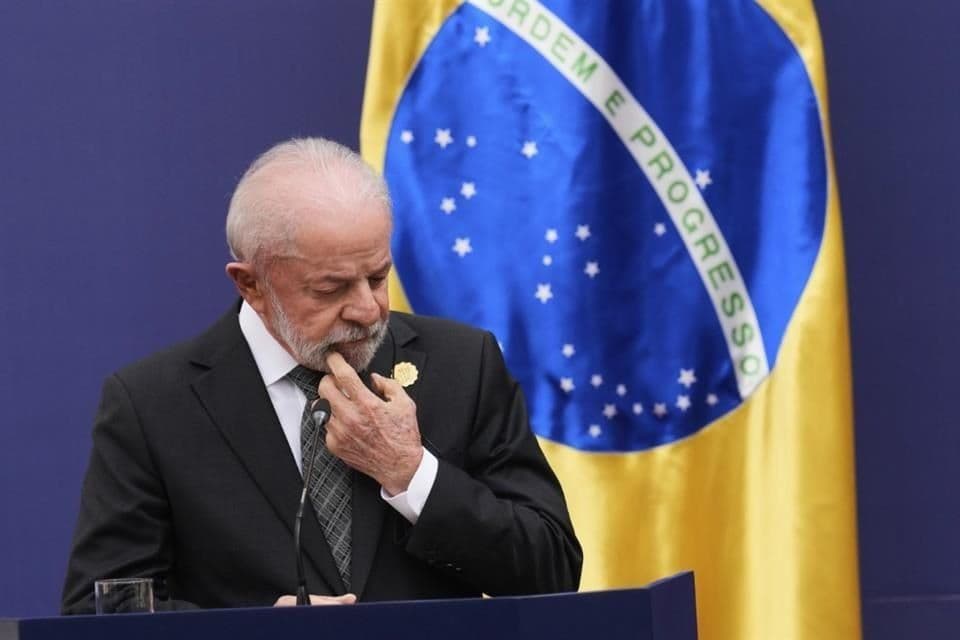
The Political Price Tag: How Domestic Legal Battles Shaped Trump's Brazil Tariffs

The Political Price Tag: How Domestic Legal Battles Shaped Trump's Brazil Tariffs
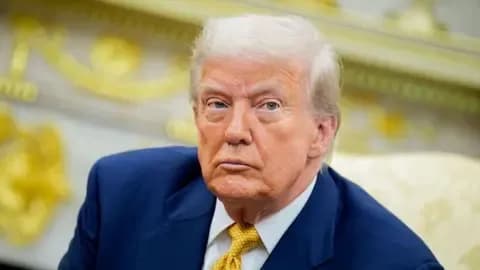
The Gavel's Echo: Unraveling the Constitutional Seismic Shift in US Trade Policy

The Gavel's Echo: Unraveling the Constitutional Seismic Shift in US Trade Policy
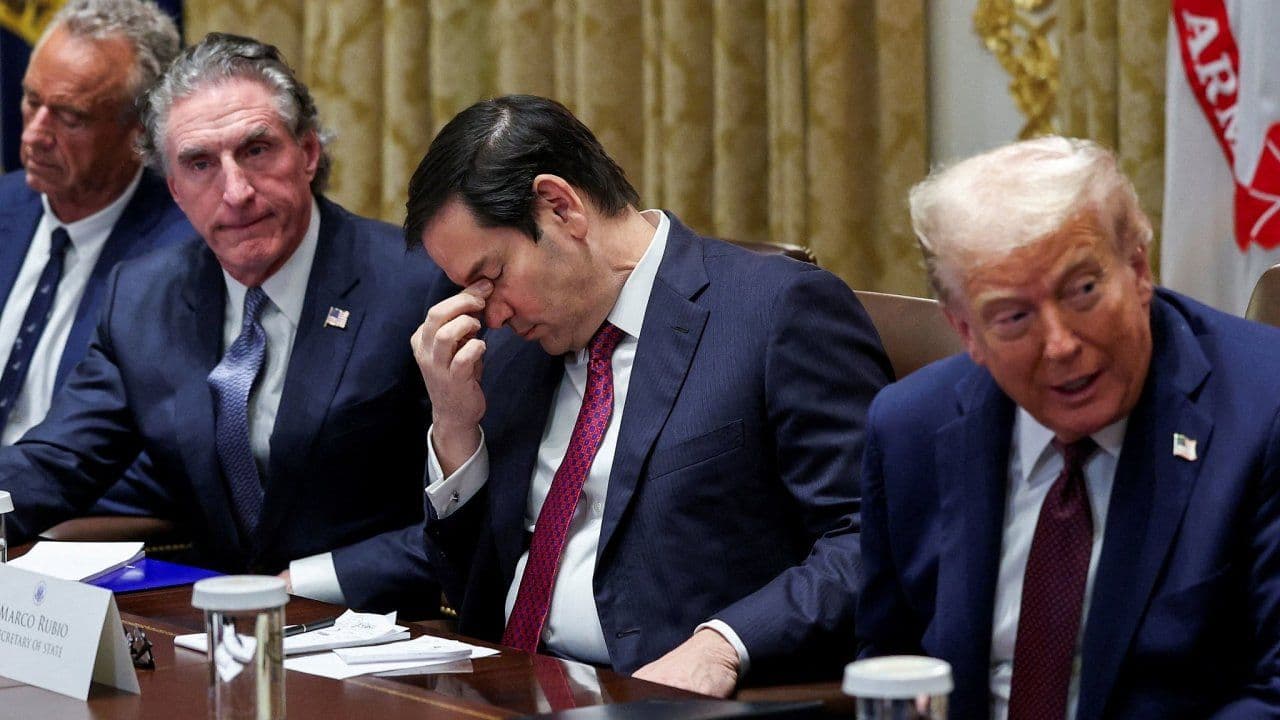
The Constitutional Tightrope: Courts Challenge Presidential Trade Emergency Powers

The Constitutional Tightrope: Courts Challenge Presidential Trade Emergency Powers
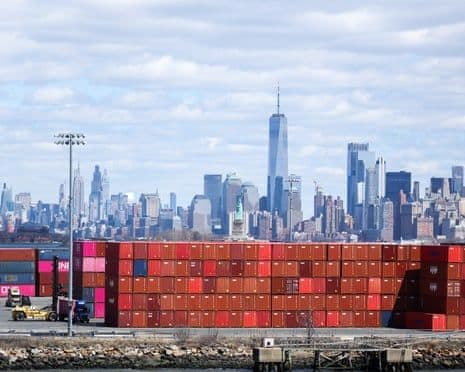
The Imperial Presidency vs. The Gavel: Unraveling Trump's Tariff Tangle
